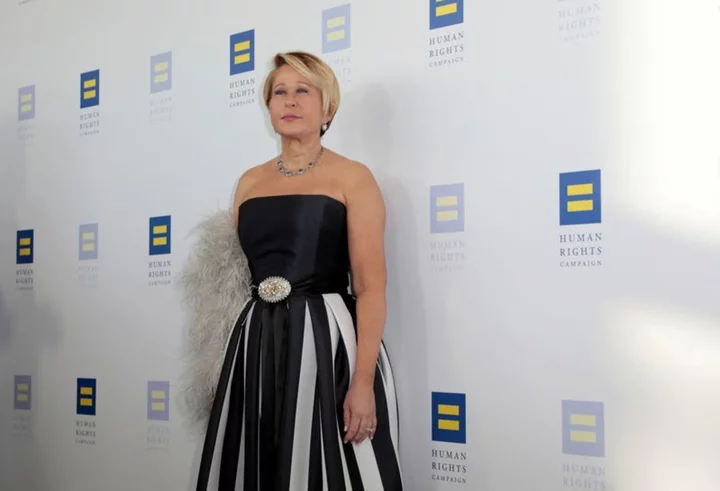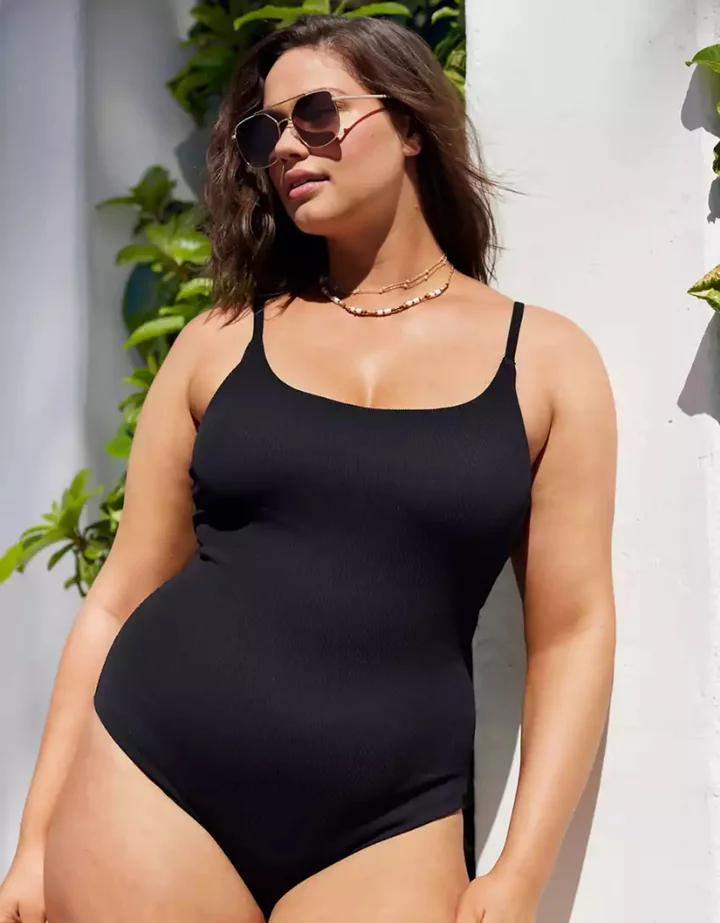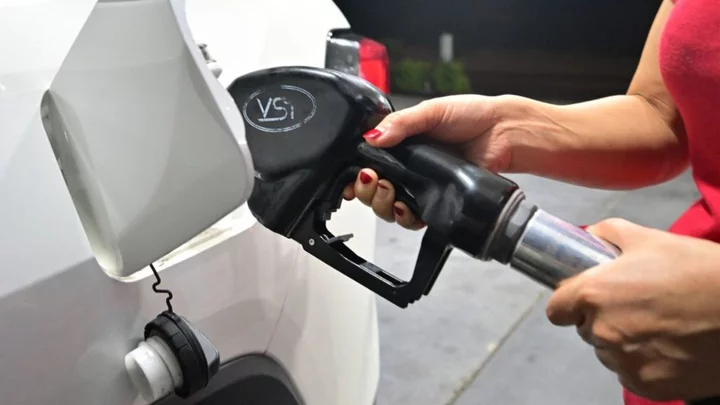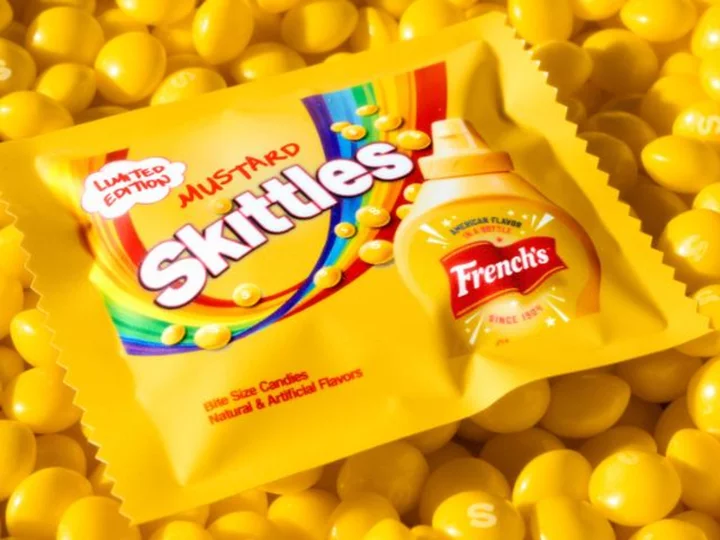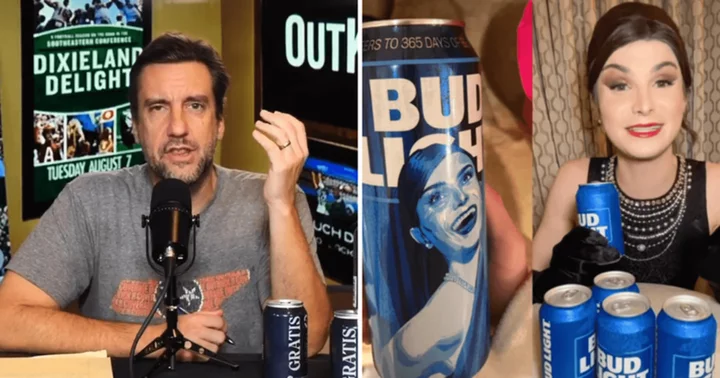By Chris Taylor
NEW YORK Even if Yeardley Smith does not ring a bell, you certainly know her iconic voice - of Lisa Simpson, the middle child and heart of "The Simpsons," one of the longest-running shows in television history.
Smith has a fascinating sideline: co-host of the true-crime podcast "Small Town Dicks" which is about to launch its 13th season on Sept. 22. Having racked up over 45 million downloads, it can be found on platforms like Apple Podcasts and Spotify.
For the latest in Reuters' "Life Lessons" series, we talked to Smith about her unlikely path to stardom.
Q: What money lessons did you learn from your parents?
A: We were not well off, but my mother was really good with money. She was incredibly frugal. She would wash out aluminum foil and plastic bags and re-use them, and compost plant material. Nothing ever went to waste. I was taken shopping once a year before school to get new clothes.
Q: What was money like, starting out in show business?
A: My grandparents had given me an annual gift, so by the time I got to New York City when I was 19, I could afford to live in a tiny little apartment by myself.
I was also lucky to get a job right out of the gate, as an understudy on Broadway within six weeks. It was "The Real Thing" by Tom Stoppard. Jeremy Irons and Glenn Close were the stars, Christine Baranski was in it, and I was understudy to Cynthia Nixon. I made $600 a week.
Q: Once you hit it big with Lisa Simpson and other roles, how did you handle wealth?
A: I'm still frugal like my mom, and don't spend more than I have. I am a good tipper, though. My only splurge on a regular basis is letting someone at a full-service gas station fill up my car.
The best thing about having money is being able to share it with people you love. Like I have a friend whose son is really good at computers, and she was paying for him to take extra classes. They raised prices, so I said, "I want to invest in his future, because I think this is important."
I like doing things like that, because it makes someone's quality of life better.
Q: Why did you start your own shoe line?
A: I couldn't find any beautiful comfortable shoes to get me through the day, and I feel like I have good taste. So we ended up making shoes in Italy, and I would go to Florence twice a year to meet with factories and tanneries.
To really make money in the shoe business, you need volume, and to get volume you need to get into big-box stores like Saks or Bloomingdale's. We were in boutiques, but it wasn't enough to make a profit.
Q: What kind of investor are you?
A: I'm a person who leaps and then looks, much to my business manager's chagrin. I invest in things I love, things that move me, things that I believe will make the world a better place. If it stops being fun, then I'm out.
I invest knowing that I might not get my money back. I never invest so much that if it fails, I have to sell my house.
I also have a business manager who helps make sure I don't end up penniless. You will never read that Yeardley had private jets and islands and a gold toilet. That's not me.
Q: Tell me about your podcast venture, and what drew you to true crime?
A: Most people have a couple of really traumatic events in their lives, whereas any first responder is expected to witness thousands of traumatic events over their careers. That is not normal.
What I really like about the podcast is that we are able to discuss that: If your job is to meet people on their worst day, how does that live inside of you? Where does it go?
They all say, you just put it in a box. But the problem is the lock on the box isn't that good – and eventually it will come for you.
Q: What life lesson would you like to pass along?
A: No matter what your passion is, make sure you also create balance in your life. Your identity should not be totally wrapped up in what you do. That was a massive pitfall for me at the beginning of my career.
(Reporting by Lauren Young; Editing by Richard Chang)

